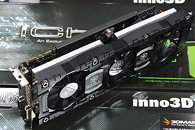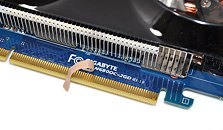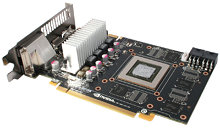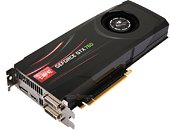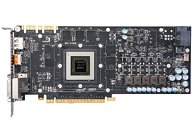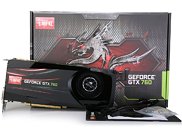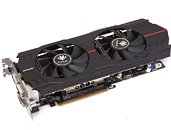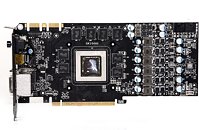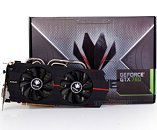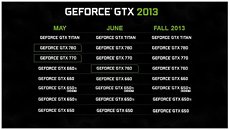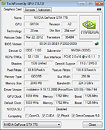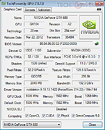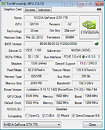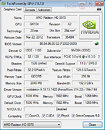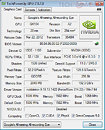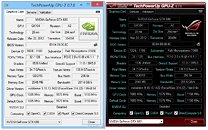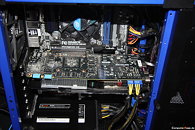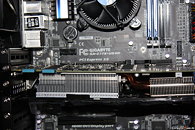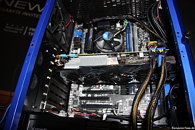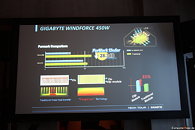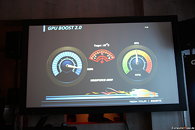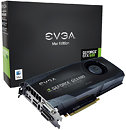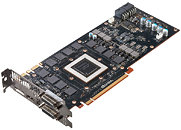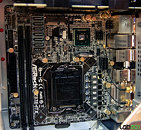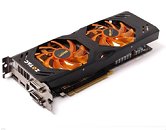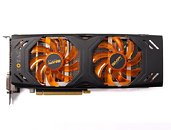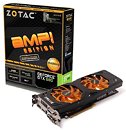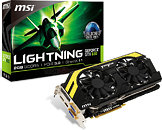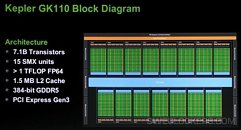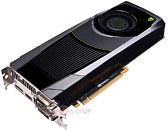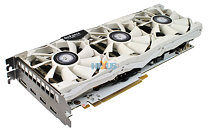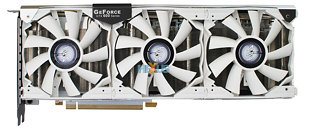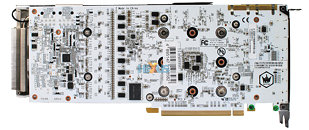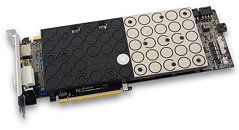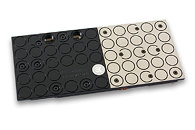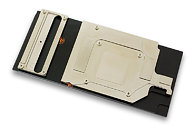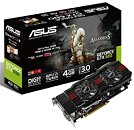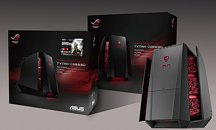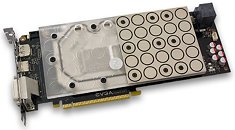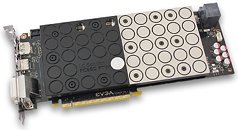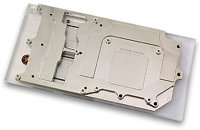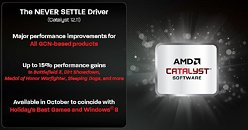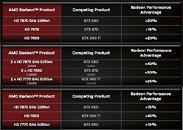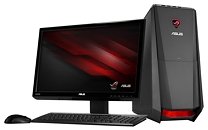
Inno3D Rolls Out GeForce GTX 760 iChill HerculeZ 3000
Inno3D rolled out its fourth GeForce GTX 760 board design, apart from the reference-design card, the HerculeZ OC, and the HerculeZ 2000. The new GTX 760 iChill HerculeZ 3000 is based on the same exact board as the company's GeForce GTX 770 iChill HerculeZ 3000, with a meaty 7-phase VRM, an 8-layer PCB, and the large triple-fan HerculeZ 3000 cooling solution with a backplate. Apart from the GPU, the only physical difference between the two cards, is the power inputs. This card uses just a pair of 6-pin connectors, while the GTX 770 iChill HerculeZ 3000 relies on a combination of 8-pin and 6-pin connectors.
The GeForce GTX 760 iChill HerculeZ 3000 uses a PCB heavily based on NVIDIA's GeForce GTX 680 reference design, with a 5+2 phase VRM. It gives you out of the box clock speeds of 1060 MHz core, 1124 MHz GPU Boost, and 6.20 GHz (GDDR5-effective) memory, compared to NVIDIA-reference clocks of 980 MHz core, 1033 MHz GPU Boost, and 6.00 GHz memory. The card features 2 GB of memory. Its cooler uses two large aluminum fin stacks that dissipate heat from the GPU, drawn by five heat pipes; and ventilated by a trio of 80 mm fans. The fans are suspended on a die-cast metal shroud that's easily detachable by pulling out a few thumb-screws, to clean the fans and underlying heatsinks. Although there's nothing to cool on the reverse side of the PCB, Inno3D dropped in a back-plate anyway. Inno3D didn't reveal global launch plans, but in China, the card should retail for 1,799 RMB (US $294).
The GeForce GTX 760 iChill HerculeZ 3000 uses a PCB heavily based on NVIDIA's GeForce GTX 680 reference design, with a 5+2 phase VRM. It gives you out of the box clock speeds of 1060 MHz core, 1124 MHz GPU Boost, and 6.20 GHz (GDDR5-effective) memory, compared to NVIDIA-reference clocks of 980 MHz core, 1033 MHz GPU Boost, and 6.00 GHz memory. The card features 2 GB of memory. Its cooler uses two large aluminum fin stacks that dissipate heat from the GPU, drawn by five heat pipes; and ventilated by a trio of 80 mm fans. The fans are suspended on a die-cast metal shroud that's easily detachable by pulling out a few thumb-screws, to clean the fans and underlying heatsinks. Although there's nothing to cool on the reverse side of the PCB, Inno3D dropped in a back-plate anyway. Inno3D didn't reveal global launch plans, but in China, the card should retail for 1,799 RMB (US $294).


